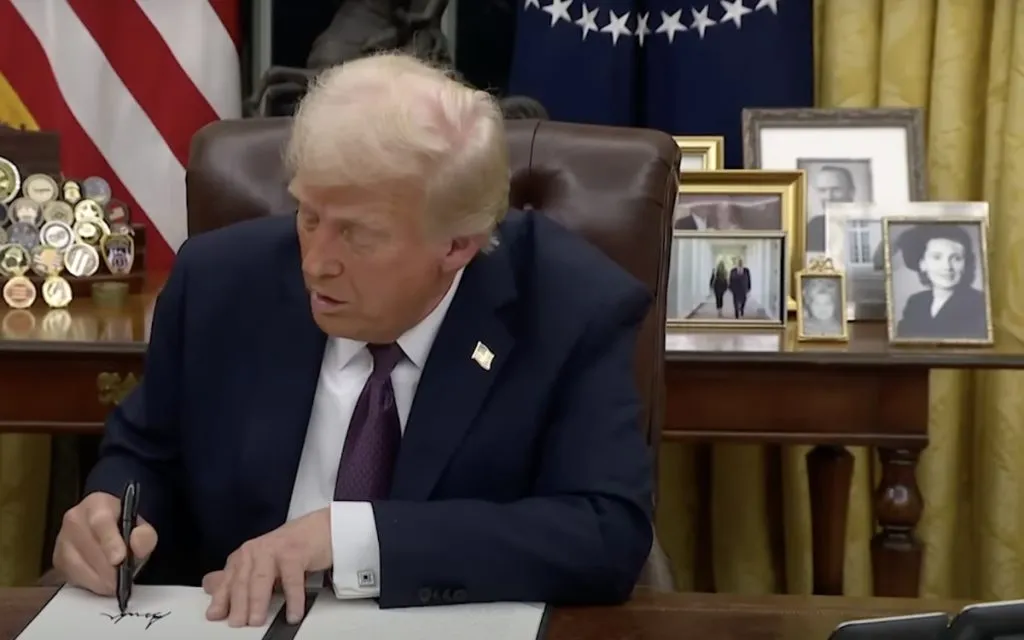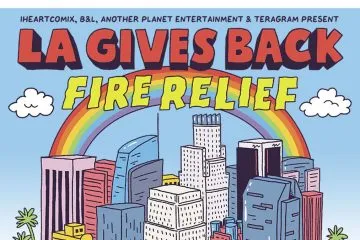
TikTok's Downfall: Why the Music Industry Isn't Racing to Save the Platform
TikTok's strained relationship with the music industry and mounting regulatory pressures are creating significant challenges for the platform's U.S. operations, despite a recent 75-day reprieve from President Trump.

Trump signing TikTok document
The platform's aggressive negotiating tactics have alienated key music industry stakeholders, particularly in its dealings with major labels and indie music collectives. After undermining Merlin's bargaining power and forcing non-negotiable contracts on independent labels, TikTok has found itself with few allies in the music business during its current crisis.
Despite its undeniable influence as a music discovery and promotion platform, TikTok's leverage-focused approach has created lasting resentment among industry executives. Even Taylor Swift's decision to cross Universal Music Group's picket line hasn't improved the platform's standing within the industry.
Technical challenges are mounting as well. Both Apple's App Store and Google's Play Store continue to block TikTok, preventing new downloads and updates. This creates an "app rot" situation where the platform becomes increasingly unstable without regular maintenance.
The path forward remains unclear. Trump's suggestion of 50% U.S. ownership in a joint venture faces significant hurdles, including likely resistance from ByteDance and the Chinese government. Meanwhile, competitors like Instagram are actively recruiting top TikTok creators and developing alternative short-form video solutions.
The music industry's notable silence during TikTok's struggles suggests a broader shift in sentiment. While the platform remains operational for now, content creators would be wise to diversify their presence across multiple platforms.

LA Gives Back Fire Relief poster
Related Articles

Triller Secures $50 Million in Funding Amid Legal Challenges as TikTok Ban Looms

